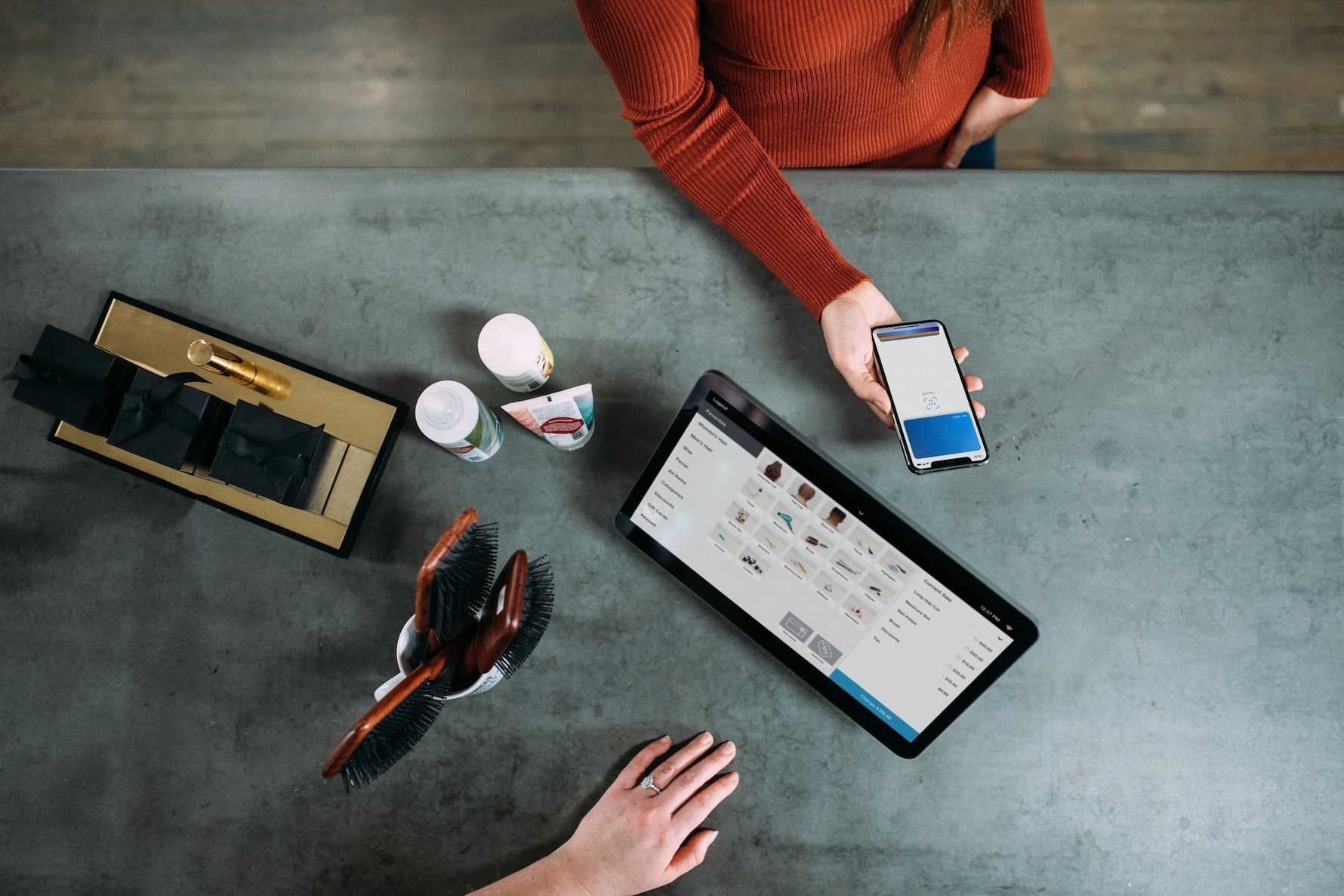
Mobile Technology: A Traveler's Best Companion
It's undeniable that smartphones have become an essential part of our daily lives. In the context of travel, these devices are not just used to play online games or scroll social media, but also for personal travel guides, hotel keycards, boarding passes, and even restaurant locators. Airlines like Southwest and JetBlue have developed mobile apps offering services like in-app chat for customer service, flight status updates, and digital boarding passes. Such tools have drastically reduced the hassle of traveling, allowing for an effortless and more personalized experience.
The Rise of Contactless Payments
In an age where health and hygiene have become paramount, contactless payments have emerged as a crucial innovation. The COVID-19 pandemic has indeed accelerated their adoption, as travelers increasingly favor these payment methods over traditional cash or card exchanges. From credit cards to wearable devices like watches or wristbands, contactless payments are becoming a standard in the industry. For instance, Apple Pay and Google Wallet allow customers to simply hover their smartphones over a payment terminal to complete a transaction, eliminating the need to physically touch any device.
IoT Devices and the Future of Hospitality
The Internet of Things (IoT), a system of interconnected devices transferring data without human interaction, is making significant strides in the hospitality industry. By eliminating common touchpoints, IoT improves customer experience and increases safety standards. For instance, the Aria resort in Las Vegas implemented IoT technology in its rooms, enabling guests to control room environment settings through a tablet, thus reducing physical contact points.Chatbots: The New Face of Customer Service
To provide real-time customer service round-the-clock, many companies have turned to chatbots. These AI-powered tools answer frequently asked questions, help with bookings, payments, and can even provide information about COVID-19 restrictions. For instance, AirAsia uses a chatbot called AVA, offering assistance on their website and Facebook page. This AI integration not only enhances customer service but also increases efficiency by freeing up human resources for more complex tasks.
Robots: The Future of Hygiene and Efficiency
Robots are making a significant impact on the industry, especially in food services and cleaning roles. By reducing human interaction, robots minimize the risk of spreading germs. For instance, during the 2022 Winter Olympics in Beijing, robots prepared and served meals to diners, ensuring a high level of hygiene.Virtual Tours: Travel Before You Travel
The ability to explore potential destinations virtually before making travel arrangements is a revolutionary tech innovation. These 360-degree views provide potential visitors with an insight into their vacation destinations, allowing them to make informed decisions.Thanks to these tech innovations, travel experiences have become more immersive, intuitive, and efficient. It's an exciting era for travelers and the industry as a whole, as we continue to see how technology further enriches our journeys.


Comments